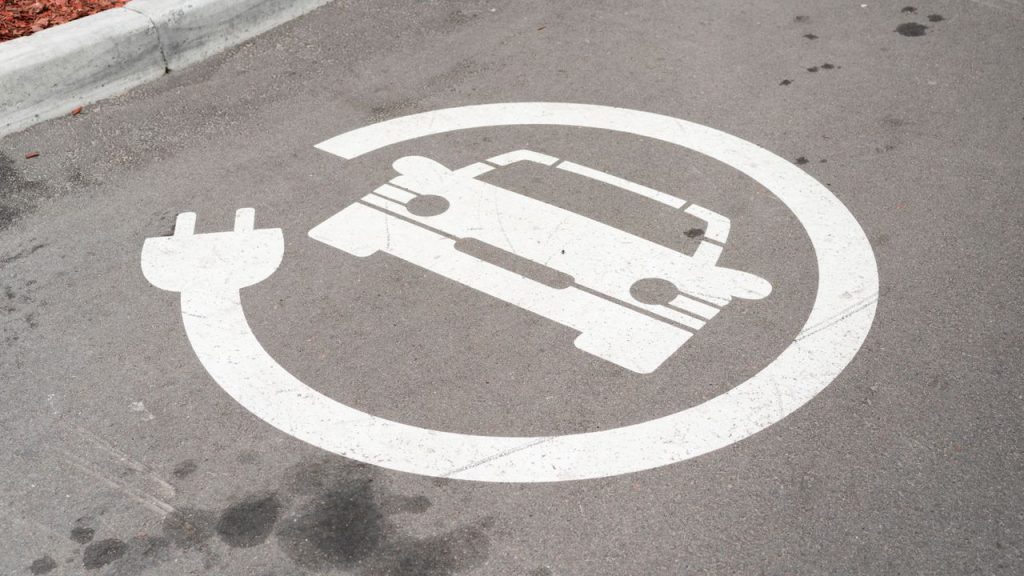Battery Technology and Advancements in Electric Vehicles
Electric vehicles (EVs) have gained significant popularity in recent years, thanks to advancements in battery technology. As the world moves towards a more sustainable future, the development of efficient and long-lasting batteries is crucial for the widespread adoption of EVs.
Battery Materials
The key to improving battery performance lies in the development of new battery materials. Traditional lithium-ion batteries, which are commonly used in EVs, have limitations in terms of energy density and charging speed. Researchers are actively exploring alternative materials to overcome these limitations.
One promising material is lithium-sulfur (Li-S), which has the potential to offer higher energy density compared to lithium-ion batteries. Li-S batteries can store more energy per unit weight, allowing EVs to have a longer driving range. Additionally, Li-S batteries are more environmentally friendly as they use sulfur, an abundant and non-toxic element.
Another material being researched is solid-state batteries. Unlike traditional liquid electrolytes used in lithium-ion batteries, solid-state batteries use solid electrolytes. This technology offers several advantages, including higher energy density, improved safety, and faster charging times. Solid-state batteries have the potential to revolutionize the EV industry by addressing concerns such as range anxiety.
Range Anxiety
Range anxiety is a common concern among EV owners. It refers to the fear of running out of battery power before reaching the destination or the next charging station. Advances in battery technology are helping to alleviate range anxiety by increasing the driving range of EVs.
By improving the energy density of batteries, EV manufacturers can offer vehicles with longer ranges. This means that drivers can travel greater distances on a single charge, reducing the need for frequent charging stops. As battery technology continues to evolve, range anxiety will become less of a concern, making EVs a more practical choice for everyday use.
Energy Density
Energy density is a critical factor in battery technology. It refers to the amount of energy that can be stored in a given volume or weight of a battery. Higher energy density allows for longer driving ranges and lighter batteries, which ultimately leads to improved EV performance.
Advancements in battery materials, such as the use of lithium-sulfur and solid-state technologies, are increasing energy density. This means that EVs can store more energy without significantly increasing the size or weight of the battery pack. Higher energy density also enables faster charging times, as more energy can be transferred to the battery in a shorter period.
Conclusion
Battery technology plays a crucial role in the advancement of electric vehicles. Ongoing research and development of battery materials, such as lithium-sulfur and solid-state technologies, are driving significant improvements in energy density and addressing concerns like range anxiety. As these advancements continue, we can expect EVs to become even more practical and widely adopted, paving the way for a greener and more sustainable future.


